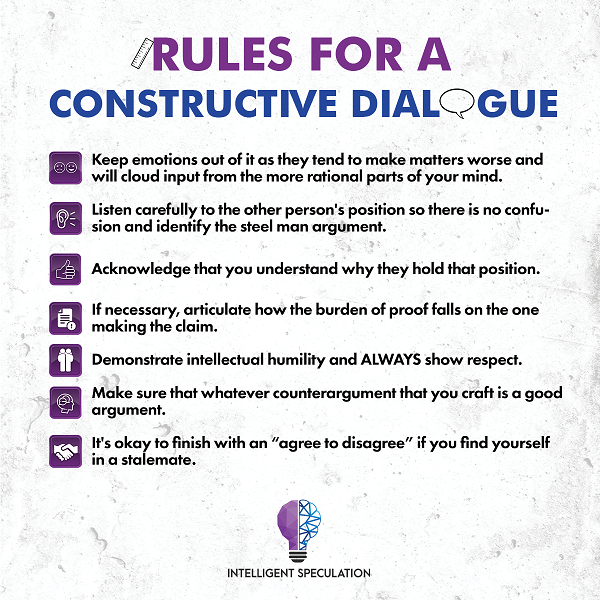The Principle of Charity demands that one interprets a speaker's statement(s) in the most rational way possible. In other words, when ascribing to this principle, you must consider the strongest possible interpretation of your fellow interlocutor's argument before subjecting it to evaluation. The overarching goal of this methodological principle is to….
Read MoreAn informal fallacy where you substitute a person's argument with a distorted, exaggerated, or misrepresented version in order to make it easier to attack. However, this tactic undermines a rational debate as….
Read MoreA type of informal fallacy where there is an ostensible similarity between two things, but, on closer examination, are in fact not equivalent. The two things may share something in common with one another, but….
Read MoreA type of informal fallacy where you attack the person making the argument instead of the argument itself. This can take the form of blatantly attacking someone in the form of name calling or more subtly attacking an individual’s character in an attempt….
Read MoreA type of formal fallacy where a small first event is suggested to lead to another more significant event, which then leads to an even more significant event, and so on, until some ultimate, extreme event is reached. The connections between each significant event are likely related, but….
Read MoreThe word “fallacy” comes from “fallacia” in Latin which means “deceit, trick, deception.” However, the more modern definition for logical fallacies is “faulty reasoning as a result of neglecting the rules of logic” or, more succinctly, just “an error in reasoning.” These errors can…
Read MoreAs you are now familiar with the structure of an argument, there are now finer details that need to be addressed. First, arguments can primarily be categorized as either deductive or inductive, which derive their names from the types of reasoning used to construct them. Second, we'll discuss…
Read More







